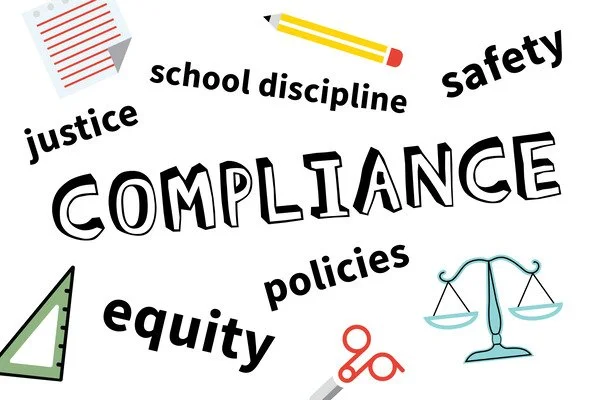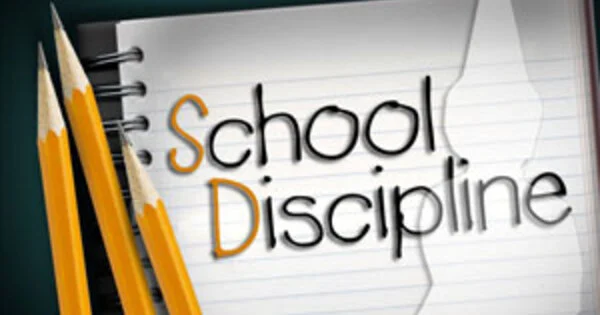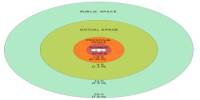School discipline refers to the system of rules, punishments, and behavioral strategies that are implemented in educational institutions to manage student behavior and maintain order. It refers to the rules and regulations set by educational institutions to govern student behavior and maintain a safe and orderly learning environment. The aim is to foster a safe, positive, and productive learning environment for students, teachers, and staff. Effective school discipline strategies can include a combination of positive reinforcement, corrective measures, and consequences for misbehavior, as well as promoting a school culture that values respect, responsibility, and positive behavior.
It refers to the policies, procedures, and actions taken by educational institutions to manage student behavior, maintain a safe and orderly environment, and ensure that students are following rules and standards of conduct. This can include things like classroom management strategies, codes of conduct, and consequences for misbehavior, such as detention, suspension, or expulsion.
The goal of school discipline is to help students develop self-control, respect for authority, and respect for the rights of others, and to create an environment that promotes learning. School discipline may include various forms of punishment, such as detention, suspension, or expulsion, as well as positive reinforcement techniques, such as rewards and recognition for good behavior. The approach to school discipline may vary among schools and educational systems, but its ultimate aim is to foster responsible and productive citizens.

School systems establish rules, and students who violate these rules face disciplinary action. These rules may define the expected standards of school uniforms, punctuality, social conduct, and work ethic, for example. The term “discipline” refers to the punishment that results from breaking the rules. The goal of discipline is to set limits on certain behaviors or attitudes that are deemed harmful or contrary to school policies, educational norms, school traditions, and so on. Due to notably high dropout rates, disproportionate punishment of minority students, and other educational inequalities, the focus of discipline is shifting, and alternative approaches are emerging.
Discipline is a set of actions determined by the school district to correct inappropriate actions taken by a student. It is sometimes confused with classroom management; however, while discipline is one aspect of classroom management, classroom management is a broader term.
Discipline is commonly thought to have a positive impact on both the individual and the classroom environment. Using disciplinary actions can provide an opportunity for the class to reflect and learn about consequences, instill collective values, and encourage acceptable classroom behavior. Recognizing the diversity of values within communities can help to increase understanding and tolerance of various disciplinary techniques. Moderate interventions, such as encouraging positive corrections of questionable behavior inside the classroom by clearly showing the boundaries and making it clear that the behavior is unacceptable, as opposed to more severe punishments outside the classroom such as detention, suspension, or expulsion, can promote learning and deter future misbehavior.
















